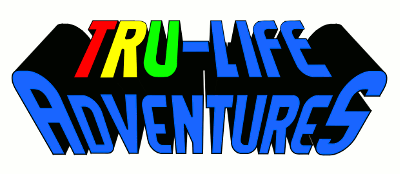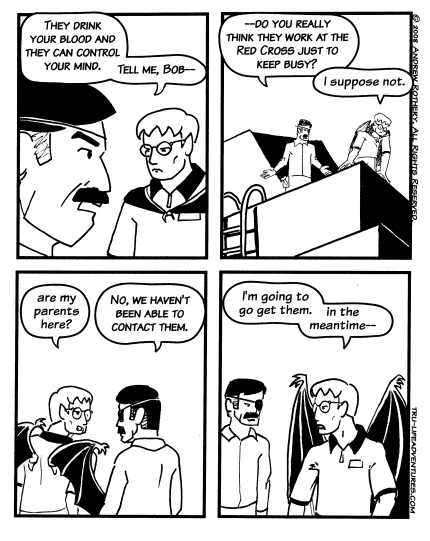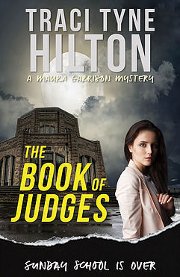While I'm Thinking About It
Barack Obama, on the US Constitution
From WBEZ, January 18, 2001 First link on that page, or you can "see" it on YouTube.
You know, if you look at the victories and failures of the civil-rights movement, and its litigation strategy in the court, I think where it succeeded was to vest formal rights in previously dispossessed peoples. So that I would now have the right to vote, I would now be able to sit at a lunch counter and order and as long as I could pay for it, I’d be okay, but the Supreme Court never entered into the issues of redistribution of wealth, and sort of more basic issues of political and economic justice in this society.
And uh, to that extent, as radical as I think people tried to characterize the Warren Court, it wasn’t that radical. It didn’t break free from the essential constraints that were placed by the Founding Fathers in the Constitution — at least as it’s been interpreted, and Warren Court interpreted it in the same way, that generally the Constitution is a charter of negative liberties: [It] says what the states can’t do to you, says what the federal government can’t do to you, but it doesn’t say what the federal government or the state government must do on your behalf.
And that hasn’t shifted, and one of the, I think, the tragedies of the civil-rights movement was because the civil-rights movement became so court-focused, uh, I think that there was a tendency to lose track of the political and community organizing and activities on the ground that are able to put together the actual coalitions of power through which you bring about redistributive change. And in some ways we still suffer from that.
So, first paragraph: Redistribution of wealth, right there in his own words, he calls it political and economic justice. Second paragraph: even the most allegedly radical judges of the time were still letting the Constitution limit what the government can do. That's what the Constitution is all about! It limits what the government can do can do by design, as well as who can do what! The Congress gets to write laws under defined guidelines, regulate interstate commerce, approve certain political appointments ,sign treaties, and declare war. The President is commander-in-chief of the armed forces, represents the US with other countries, negotiates treaties, appoints judges, gives Congress an annual report on the State of the Union, oh, and gets to decide whether those laws Congress writes get to actually become law. Then the courts (I'm severely paraphrasing things here) get the fun task of figuring out what the laws technically mean once average citizens start their inevitable disagreements. And they get to hold trials, which tend to be as unbearable cool as they are insufferably dull.
My point here is yes, the Constitution was designed from the get-go to limit the power of the federal government. The founders had tried a far weaker central authority with the Articles of Confederation, but that was a bit of an abject failure and even its strongest supporters were bright enough to admit that things needed a bit of tweaking. Having come out from under a monarchy, they didn't want their new, stronger to ever have that much power.
All of which is a long way to go to say that if Obama still thinks the Constitution is an obstacle to his goals (and again, that quote up there is talking about classical Marxism again), then he should either rethink his goals in light of his possible upcoming Oath of Office--to protect and defend the US Constition against all enemies, foreign or domestic--or he needs to not be running this camaign.Or am I wrong?
Powered by ComicGallery v1.1









